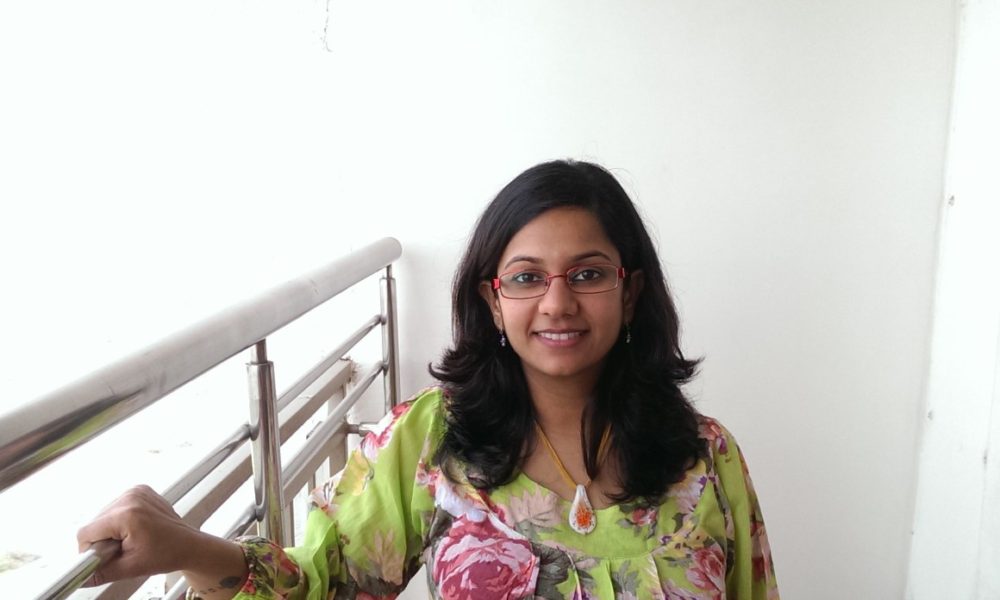
Part of Dr Mahati Chittem’s job is to study trends in which society responds to various health issues and medical treatments. She is a medical psychologist who investigates how people fall ill and how the physical illness affects them emotionally, psychologically and behaviorally. Chittem’s current focus is on cancer.
Chittem tracks the emotional path of a cancer patient right from the way they react when they’re told they have cancer. It’s hoped that form such observations, efficient methods to manage the treatment could be created.
Insightful findings
Chittem’s field studies which has looked at hospitals big and small show that people with cancer in India find out about their disease only at an advanced stage. Her research also shows that a lot of people are still unaware of the symptoms of cancer. Neither do they know where to approach for help. And by the time they do get help, it’s usually too late. “We’re talking about a lot of people putting a burden on tertiary care centres [specialist hospitals] because they have not been able to receive the right type of support in primary health care centres,” she says.
Chittem and her team recently did a survey on around 500 patients in Hyderabad, from different economic backgrounds. Some of the more interesting findings of the survey are given here:
1.Patients learn only from their own experience or other patients
Chittem found that the primary source of information for patients wasn’t government campaigns or doctors. It was other patients. “Many did not even know they would lose hair in clumps during chemotherapy. They go home after chemo, and when they run their hand through their hair, a whole clump comes out. It’s very sad, especially because they are not prepared for it,”she says. Hungry for information, the patients would interact with other patients when they wait for the consultation, she adds.
2. People from low income backgrounds deal with diseases more pro-actively
As per Chittem, daily wage earners consider cancer as almost a part of life, and are very practical about it. They ask if they could be cured and if not, their question is about how long they have. They then proceed to take care of things they need to take care of. One curious aspect Chittem points out is that low-income people refer to the disease not as cancer but as gadda(lump) or khaasi(breathlessness).
3.Patients are more empowered than you may think
Cancer patients are usually seen as weak and dependent. However, Chittem’s research shows this is far from the truth. “Our attitude to them is very paternalistic. We [their family] think they should not take medical decisions, not think about anything else, just receive their treatment, but my god, they know their stuff! I saw that they want information, they want to be part of their own illness [and recovery],”she says.
Chittem hopes to take this research ahead. A PhD student of hers is aiming to improve the question-asking behavior among both patients and caregivers. For this, they work with a Sydney based professor who has developed the protocol named ‘Question prompt list.’ “My student wants to develop a model based on the patient and not on the physician because the physicians don’t have time and is sometimes not willing to learn new skills,” says Chittam.
It’s said that the design of the question list would be in such a manner that the information could be accessed by the illiterate as well.
Image credits: thewire.in
With inputs from: thewire.in